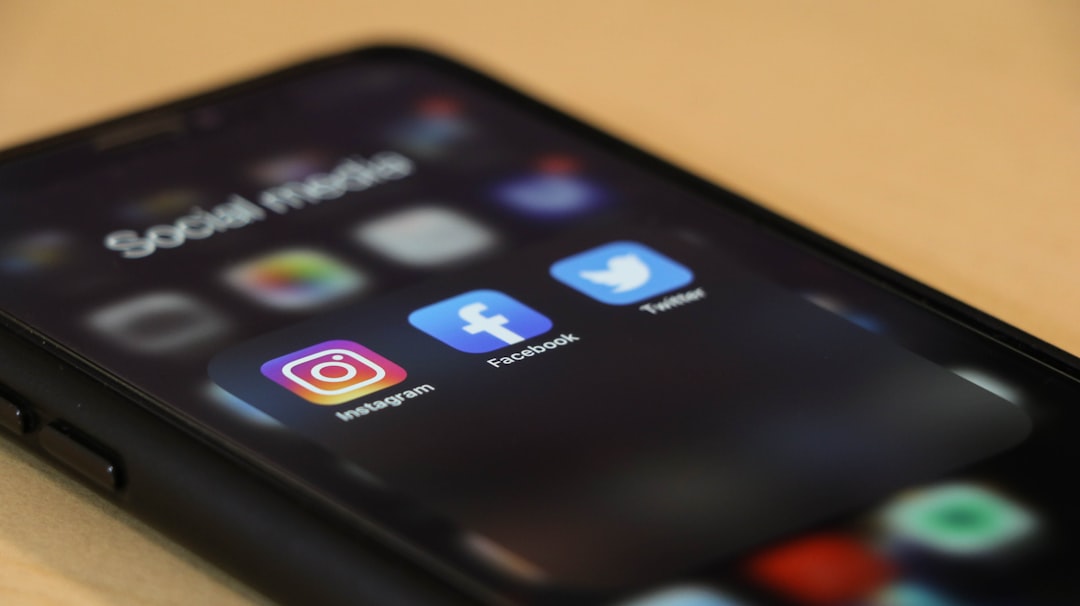The Importance of Personalization in Marketing Communication
In today’s fast-paced digital world, consumers are bombarded with countless marketing messages on a daily basis. From social media ads to email newsletters, businesses are constantly vying for attention in the hopes of capturing potential customers. However, with so much noise, how can businesses effectively grab the attention of their target audience and stand out from the crowd? The answer lies in personalization – a crucial element that has the power to revolutionize marketing communication.
Personalization is the practice of tailoring marketing messages and experiences to individual customers based on their specific preferences, behaviors, and demographics. It goes beyond simply addressing a customer by their name; it involves understanding their needs, interests, and desires to deliver highly relevant and customized content. When done right, personalization can significantly enhance the customer experience, drive engagement, and ultimately boost sales. Let’s explore why personalization is of utmost importance in marketing communication:
1. Building Strong Customer Relationships
It’s no secret that customers appreciate individual attention and care. By personalizing marketing communication, businesses can demonstrate that they value their customers as individuals rather than faceless entities. By addressing customers by their names and tailoring messages to suit their interests, marketers can forge a deeper connection, resulting in increased loyalty and repeat business. When customers feel understood and appreciated, they are more likely to engage with a brand and become brand advocates.
2. Increased Relevance and Engagement
One of the major advantages of personalization is the ability to deliver highly relevant content to customers. When messages resonate with their needs and interests, customers are more likely to engage and respond positively. Generic mass-market messages often fail to capture attention or provide value, leading to wasted advertising budgets and missed opportunities. In contrast, personalized marketing communication can grab attention, generate interest, and drive conversions, thus maximizing marketing efforts and achieving better ROI.
3. Enhancing the Customer Experience
Customers today expect personalized experiences across all touchpoints. From tailored product recommendations to personalized email offers, businesses that meet these expectations can provide a superior customer experience. Personalized marketing communication allows for a more seamless, intuitive, and enjoyable journey for customers, making them feel valued and understood. This not only boosts brand perception but also increases the likelihood of customers continuing their relationship with the brand in the long run.
4. Effective Targeting and Segmentation
Every customer is unique, with diverse preferences and behaviors. Personalization enables businesses to segment their target audience effectively, grouping individuals based on common characteristics. This allows marketers to tailor messages to specific segments, leading to higher engagement and conversion rates. By serving relevant content to the right people, businesses can optimize their marketing efforts and ensure that each message resonates with its intended audience, maximizing the chances of success.
5. Data-Driven Insights
Personalization relies on data – the driving force behind effective marketing communication. By collecting and analyzing customer data, businesses can gain valuable insights into their audience, including their preferences, behavior patterns, and buying habits. These insights can help refine marketing strategies, identify new opportunities, and create even more personalized experiences for customers. Data-driven personalization ensures that marketing efforts are targeted, efficient, and tailored to meet the changing needs and expectations of customers.
To successfully implement personalization in marketing communication, businesses need to adopt advanced technologies and strategies. Artificial intelligence and machine learning algorithms can help analyze vast amounts of data, allowing businesses to understand their customers at a deeper level. Personalization can be achieved through various channels, including email marketing, social media, website personalization, and personalized ads. By investing in the right tools and technologies, businesses can leverage personalization to create compelling marketing campaigns that resonate with their target audience.
In conclusion, personalization is no longer a luxury but a necessity in today’s competitive marketplace. By taking the time to understand and engage with customers on an individual level, businesses can establish deeper connections and long-lasting relationships. Personalized marketing communication leads to increased relevance, higher engagement, and improved customer experiences, ultimately driving business growth and success. By investing in personalization strategies and technologies, businesses can position themselves at the forefront of the ever-evolving marketing landscape and stand out from the crowd.












